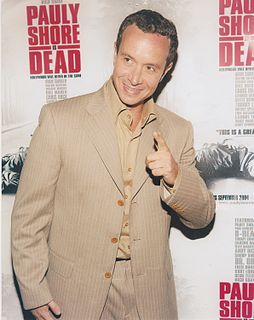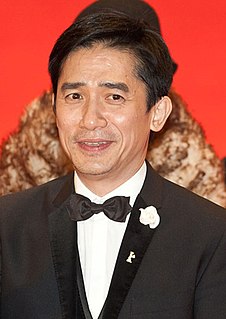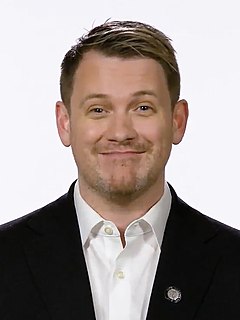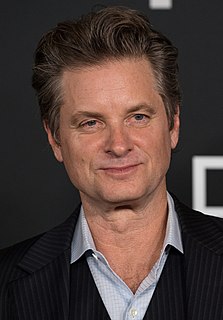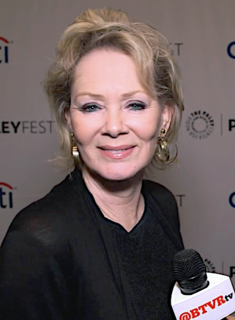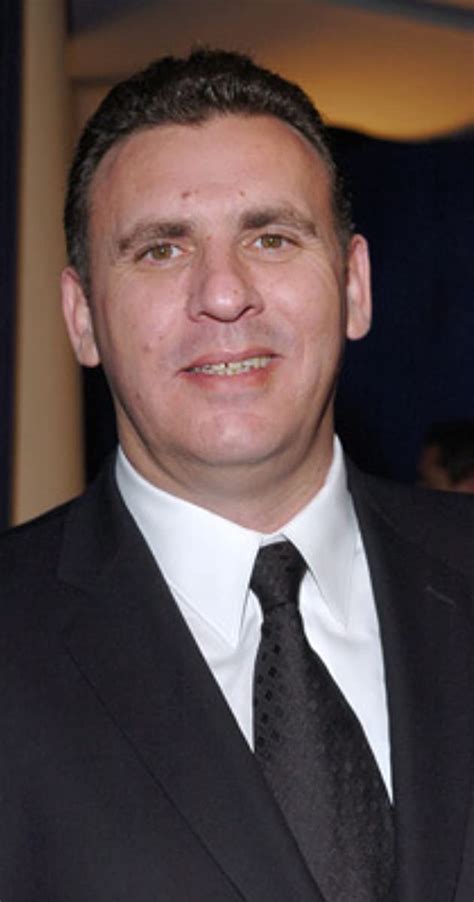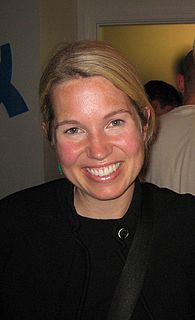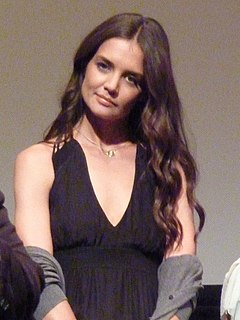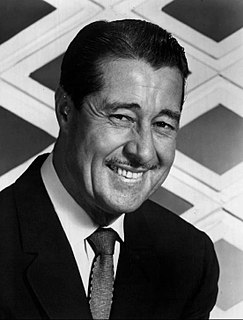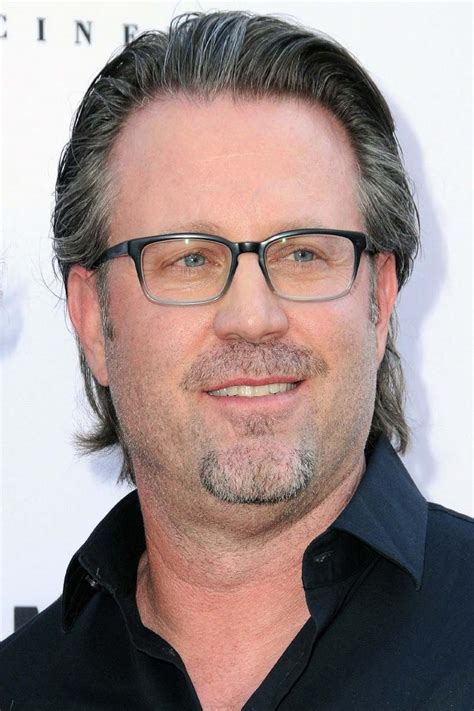A Quote by Pauly Shore
I never made the movies for the critics; I've done the best I could with the material and the directors and the actors I had. But the thing that's really exciting is that once I do that one project that's different, that stands out, everyone's gonna be watching.
Related Quotes
Hollywood people don't want to be embarrassed by being involved with someone who isn't happening and cool at the time. But I never made the movies for the critics; I've done the best I could with the material and the directors and the actors I had. But the thing that's really exciting is that once I do that one project that's different, that stands out, everyone's gonna be watching.
I have a suspicion, because if you look at the whole, all the [Star Wars ] movies, the backlog of every one of these movies, there's a lot of great stuff, but one might not be not as good with the writing in this or the acting in that or the directing in that, this has great actors, great directors, great script, and I really feel like we're gonna make the best one [movie with Young Han Solo].
Television is a completely different industry now. It's just extraordinary. It's so wonderful, because there's more interesting product. It attracts the best writers and directors. And one thing that's really interesting about it is that it used to be, if you were on a big network show, like it or not, you were a household face and name. And believe it or not, not all actors like that. That's not their goal. They just like being actors. And there are so many actors that are on hit shows that I have never seen, I've never heard.
It [moviemaking] is not really done on a yearly basis. It's about how the material, and when the material comes in. If you develop your material and the script comes in great and you can attach a director and a cast and go off and make it, then I could make, I don't know, six [movies] a year. Or I could make one. It really depends.
I wish I could say I had some sort of master plan where one role leads to the next role, but a lot of it really is persistence and luck and being prepared when you are asked to jump on a project. There isn't any one rule that I follow. Obviously, I'll always shoot to work with the best actors, directors and filmmakers. I've been incredibly lucky to be able to do that.
People have a different idea of how movies are made than they really are. On a certain level, everyone throws ideas into the hopper. It's not like the actors are wind-up dolls that you push out onto the floor, play with, then put back in the box. You get people around you who you trust; the writer, the producer, the director and all the actors all contribute.
My skills weren't that I knew how to design a floppy disk, I knew how to design a printer interface, I knew how to design a modem interface; it was that, when the time came and I had to get one done, I would design my own, fresh, without knowing how other people do it. That was another thing that made me very good. All the best things that I did at Apple came from (a) not having money, and (b) not having done it before, ever. Every single thing that we came out with that was really great, I'd never once done that thing in my life.
Simon McBurney on "All My Sons" on Broadway - we had an eight-week rehearsal period and I really enjoyed the way that he prepared us to go onstage. It was different than anything I've done and it was a different way of being directed, so I tried to take my different experiences of these directors and give those to my actors.
I had a very blessed journey with the upbringing I had. When you're working on sets as a stuntman, you have a firsthand account of the dynamics between actors and directors, because you're working hand in hand with them. You're not sitting outside the process watching. You become part of the process. You also see your tradecraft and see how movies are made.
